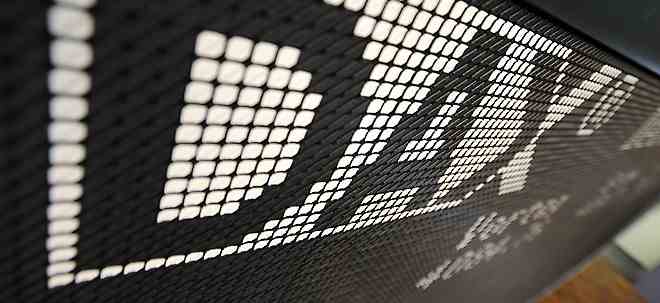The DAX started on Wednesday with a discount of 0.94 percent at 12,025.43 points. As the year progresses, the leading German index temporarily drops to 11,862.84 points, well below the psychologically important 12,000 mark. In the late afternoon, however, the bulls gained the upper hand and the DAX ended the day with a premium of 0.36 percent to 12,183.28 points.
Dynamic news situation
The news situation changed almost every hour, trading was hectic and with very large fluctuations. Per se, the prospects for that euro zone still not good, a recession is now slowly being priced in on the stock exchange in view of the uncertain energy supply. The DAX fell to a low for the year in the morning. The banks and steel stocks were massively sold off and did not participate in the current recovery either.
BoE intervenes in the bond market
This triggered the news that the Bank of England was intervening in the bond market, i.e. buying British government bonds. There has been a massive drop in prices there since Friday last week, which also affected the other bond markets in Europe. With the central bank’s announcement, not only are the bond markets stabilizing and increasing significantly over the course of the day, the stocks are also reflexively increasing. Because they are given liquidity again by a central bank, not withdrawn from it. This is immediately celebrated on the stock market. How long that is certainly the question, because quantitative tightening has only been postponed.
Gas prices in focus after leaks
European gas prices are increasing. On the Dutch TTF, the front month increases in price by 6 to 197.80 euros per megawatt hour. Market participants speak of growing nervousness on the gas markets. One reason was that, according to Bloomberg, Russia had announced that gas deliveries via Ukraine could soon be stopped. Leaks on the Nord Stream 1 and 2 Baltic Sea pipelines had already caused gas prices to rise on Tuesday. This means that the at least theoretical possibility that gas could be delivered to Europe via one of the two pipelines in the course of the winter is no longer given.
Poor consumer sentiment, inflation continues to rise
Consumers in Germany are in a real depression, is how Robert Greil, chief strategist at Merck Finck, sums up the current situation. The GfK consumer climate has fallen to its lowest level since the survey began in 1991. This is mainly due to the new record pessimism of the consumers surveyed with regard to their income expectations. In order to make provisions for sharply increased electricity and gas bills, consumers are also increasingly restricting their consumption of goods that are not urgently needed.
Greil doesn’t think consumers will emerge from this vale of tears in the short term. On the contrary: the excess savings built up by many consumers during the corona pandemic have already been largely used up after the summer holiday season. Therefore, more and more new reserves are likely to be formed to pay for the significantly higher heating bills that are feared.
Editorial office finanzen.net / Dow Jones Newswires
Image sources: Julian Mezger for Finanz Verlag

